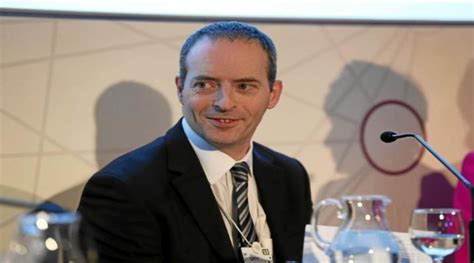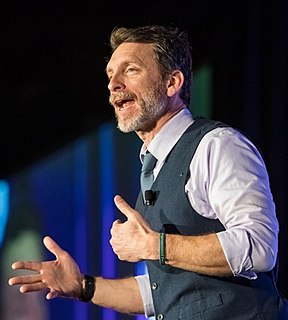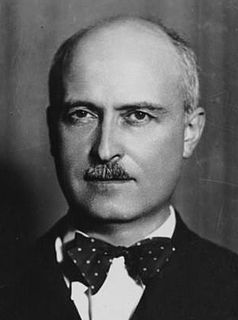A Quote by Herman Kahn
Failures of perspective in decision-making can be due to aspects of the social utility paradox, but more often result from simple mistakes caused by inadequate thought.
Related Quotes
In contrast to our own social environment which brings out different aspects of human nature and often demonstrated that behavior which occurs almost invariably in individuals within our society is nevertheless due not to original nature but to social environment; and a homogeneous and simple development of the individual may be studied.
Any individual decisions can be badly thought through, and yet be successful, or exceedingly well thought through, but be unsuccessful, because the recognized possibility of failure in fact occurs. But over time, more thoughtful decision-making will lead to better overall results, and more thoughtful decision-making can be encouraged by evaluating decisions on how well they were made rather than on outcome.
In the cosmology behind psychology, there is no reason for anyone to be here or to do anything... I'am an accident - a result - and therefore a victim... if I'm only a result of past causes, then I'm a victim of those past causes.... or, if you look at it from the sociological perspective, I'm the result of upbringing, class, race, gender, social prejudices, and economics. So I'm a victim again. A result .
The triumph of science has been mainly due to its practical utility, and there has been an attempt to divorce this aspect from that of theory, thus making science more and more a technique, and less and less a doctrine as to the nature of the world. The penetration of this point of view to philosophers is very recent.
Those who profit from adversity possess a spirit of humility and are therefore inclined to make the necessary changes needed to learn from their mistakes, failures, and losses. ... When we are focused too much on ourselves, we lose perspective. Humility allows us to regain perspective and see the big picture. ... Humility allows us to let go of perfection and keep trying.




































